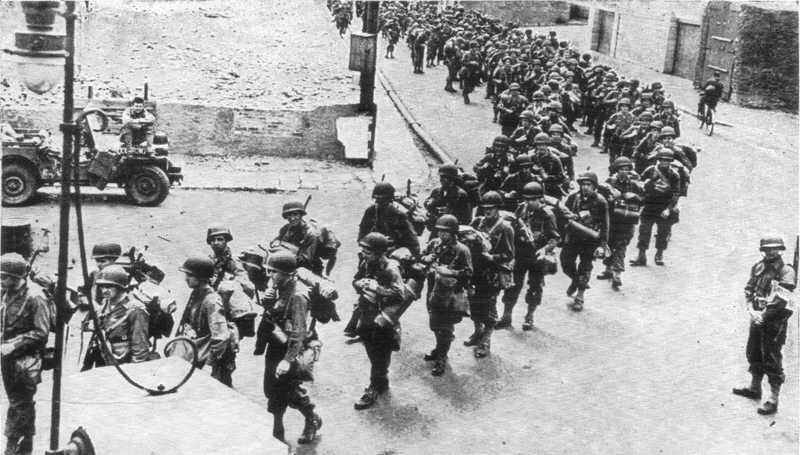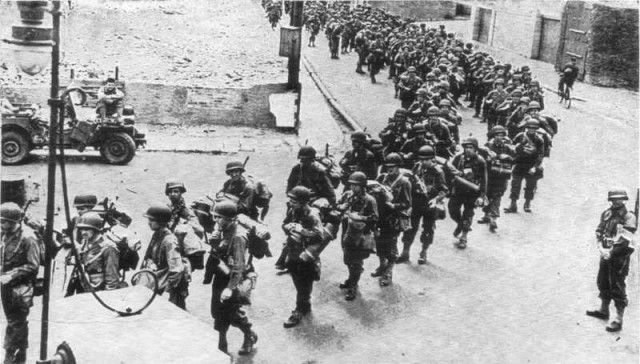A Massachusetts writer has begun an interesting series of articles on the D-Day invasion based on the experiences of a fictional journalist in the camps of England which housed soldiers before the invasion. His aim, to recreate the events leading to the invasion of Normandy in June of 1944, brings more than a few interesting tidbits that should fuel the imaginations of history buffs and bring the conditions of the time to life.
The work mixes the tedium of daily camp life with the humor. The writer, Brad King, observes the gentle rivalry between “English” and “Yank,” much tempered by an overwhelming sense of relief at the United States Air Force’s presence on the island to reverse the aerial threat of the Nazi regime in Germany. The two sides, according to King, are getting along amiably despite a few misunderstandings.
Modern readers may certainly recognize our American tendency to refer to all Brits as “English,” a trait which was no less in evidence when our GI forebears arrived on the island. The British remained no less likely to ruffle feathers amongst their American compatriots by referring to all Americans, whether Northern or Southern, as “Yanks,” in an era when the bitter memories of Civil War defeat were less than a hundred years old for the Southern men sent off to the front.
Similarities do bind these two seemingly disparate groups however – King doesn’t neglect to mention that many of the British villagers have never been to a large city, and that their American counterparts are making their first trips abroad coming from no less rustic origins, the Taunton Daily Gazette reports.
His work proceeds to emotional highs and lows, detailing the drama of the lives of Britons in the aftermath of the Blitz during previous years. The tragedy expressed in the tales of British children finding unexploded ordinance in their neighborhoods and nearly being blown to bits manages to underscore the anxiety that British families dealt with on a daily basis.
The relationship of the villagers to the servicemen in their midst brings relief, and warmth to the heart. Despite the scarcity imposed upon the cupboards of British housewives due to wartime rationing, they never-the-less manage to provide home-cooked meals around the dinner table for GIs who probably hadn’t seen such hospitality in months.
King’s words are an interesting read that should remind all British and American readers of the bonds of friendship that were formed between the two nations, and the sacrifice that brought about the heroic triumph of the D-Day invasion.
//

